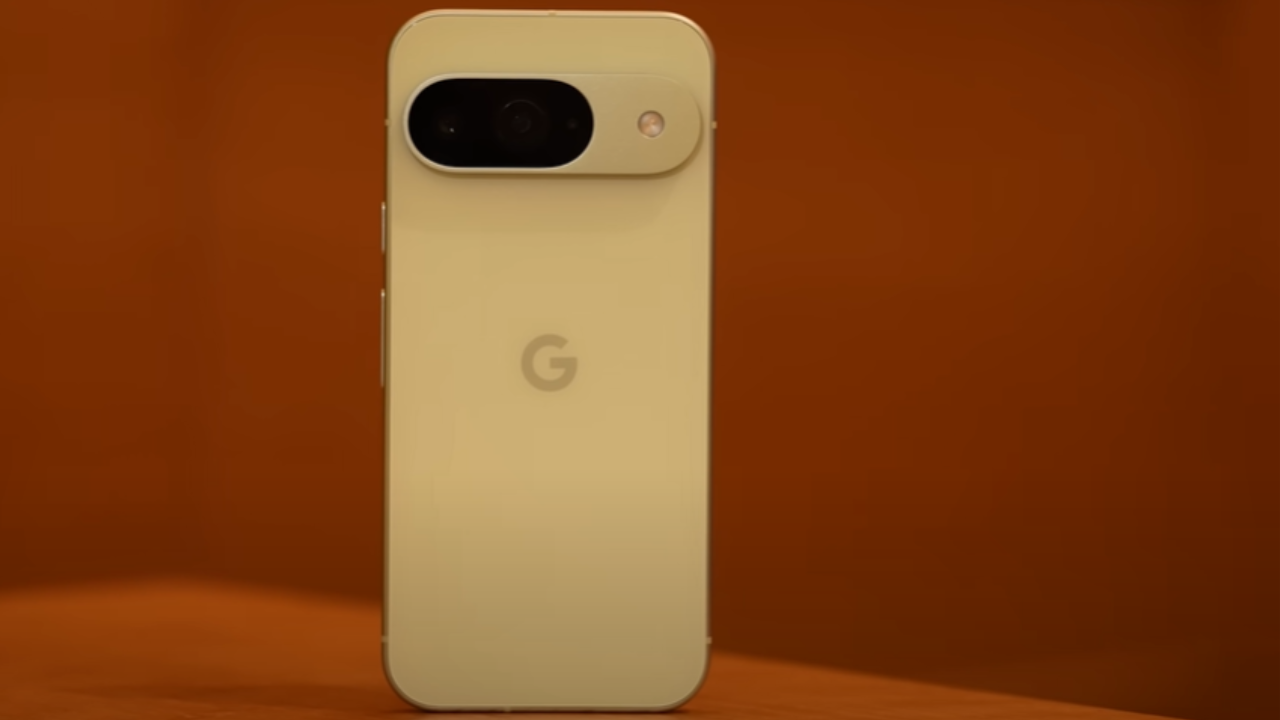Google store: Google releases Pixel 9 phones ahead of schedule as the AI competition with Apple intensifies.

Google store
In the competition to offer more artificial intelligence services to gadgets that have become people’s constant companions, Google gave the manufacturer of Android software a competitive advantage over the future iPhone on Tuesday when it announced its next series of Pixel phones.
The demonstration, which was hosted close to Google‘s headquarters in Mountain View, California, was two months ahead of schedule compared to when the firm usually releases the newest models in its eight-year-old Pixel phone lineup.
Even though just a small portion of smartphones sold worldwide are Pixel phones, Google uses them as a platform to showcase the most recent developments in the Android operating system, which powers almost all phones that are not manufactured by Apple. For this reason, Pixel phones are nevertheless carefully monitored.
Additionally, Google made it very clear that the Pixel 9 phones are designed to be a platform for artificial intelligence (AI) technology, which is predicted to fundamentally alter how people live and work—much like smartphones in general have over the past 15 years.
Google senior vice president Rick Osterloh, who is in charge of the Pixel phone line, stated on Tuesday, “We are obsessed with the idea that AI can make life easier and more productive for people.”
That aligns with the notion Apple is highlighting as it gets ready to make artificial intelligence the focal point of the iPhone.
That time is anticipated to come soon after Labor Day, when Apple usually unveils the design of its upcoming iPhone. Because it will have the unique hardware required to run a suite of AI functions, the upcoming model, the iPhone 16, is anticipated to be quite popular. These features aim to improve Siri, Apple’s virtual assistant, and carry out a host of additional functions that the company promises would improve people’s lives and preserve their privacy.
However, according to Emarketer analyst Grace Harmon, Apple’s AI intentions are still less clear than Google’s, and Google is also using AI more widely, notably on Samsung phones running Android. When Apple releases the latest iPhone next month, that might put more pressure on the company.
It should come as no surprise that Google started incorporating AI technology into its Pixel 9 series with the launching of that year’s model in October. The Gemini technology, which has been the centerpiece of its drive into artificial intelligence, will be the initial feature of this generation of phones.
With ten distinct human-like voices, Google’s Gemini assistant is meant to be more conversational—exactly what Apple hopes to achieve with Siri. It can perform even more duties, particularly if users allow it to access papers and email.
In a further step that closely resembles Apple’s, Google is giving the Pixel 9 series devices a unique chip that allows many AI-powered services to be managed locally rather than in distant data centers.
When asked to come up with inventive ideas for a fun method to employ invisible ink, the Gemini assistant—speaking in a voice called “Ursa”—was able to provide some helpful suggestions during Tuesday’s on-stage demos.
However, the Gemini assistant faltered when requested to provide the questioner with the date and time of singer Sabrina Carpenter’s local concert, as well as when presented with an image of her poster. The Gemini assistant gave the information after being unable to answer the first two queries.
The Pixel 9 phones will also come equipped with “Magic Editor,” an AI function that can entirely change an image by swiftly and smoothly adding a person who wasn’t in the original, or by changing the background or landscape of the image.
The more sophisticated Gemini Assistant will cost a $20 monthly membership, which will be given away for free for a year to all purchasers of the upcoming Pixel 9 phones. The phones will start delivering on August 22 and go on general release the following month. It’s more likely that Apple won’t be able to charge for its suite of AI services given the $240 benefit that Google is providing with a free one-year subscription to its Gemini Advanced service, according to Harmon of Emarketer.
The Pixel 9 Pro will retail for $1,000 or $1,100, depending on the size, while the normal Pixel 9 will cost $800, an increase of $100 from the previous year. Google revealed the next generation of foldable Pixel phones last year, and they will cost $1,800.
The incident also suggested that Google plans to carry on with business as usual, despite the fact that a recent ruling by a judge classifying its leading search engine as an illegal monopoly poses a threat to the company’s online empire.
The historic decision will start a new round of legal proceedings to decide what steps Google needs to take to make the market more competitive. This process may lead to Google being prohibited from entering into certain agreements or, in the worst case scenario, being forced to spin off its Android software or give up other important assets supporting the nearly $2 trillion market value of its corporate parent, Alphabet Inc.
With its upcoming Pixel Watch and wireless earphones, Google has taken aim at multiple other well-liked Apple items in addition to its most recent phones.









